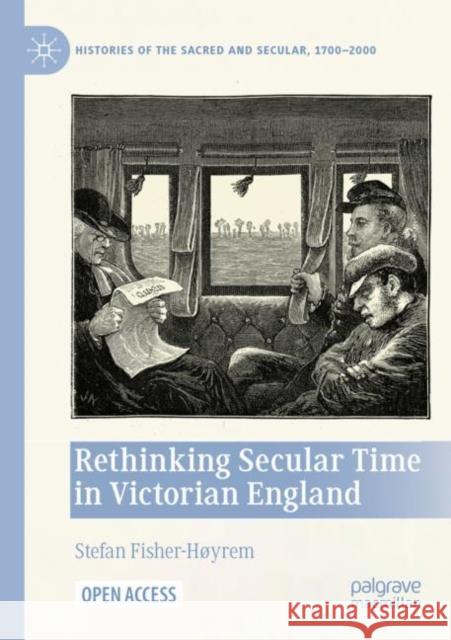Rethinking Secular Time in Victorian England » książka
topmenu
Rethinking Secular Time in Victorian England
ISBN-13: 9783031092879 / Angielski / Miękka / 2022
Rethinking Secular Time in Victorian England
ISBN-13: 9783031092879 / Angielski / Miękka / 2022
cena 160,99
(netto: 153,32 VAT: 5%)
Najniższa cena z 30 dni: 154,18
(netto: 153,32 VAT: 5%)
Najniższa cena z 30 dni: 154,18
Termin realizacji zamówienia:
ok. 22 dni roboczych.
ok. 22 dni roboczych.
Darmowa dostawa!
Kategorie BISAC:
Wydawca:
Springer International Publishing AG
Seria wydawnicza:
Język:
Angielski
ISBN-13:
9783031092879
Rok wydania:
2022
Wymiary:
21.0 x 14.8
Oprawa:
Miękka
Dodatkowe informacje:
Wydanie ilustrowane











